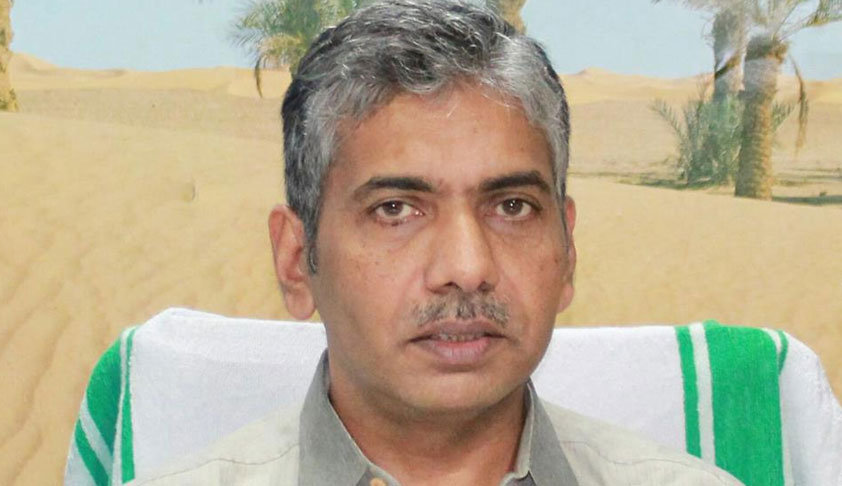SC Stays Contempt Proceedings Against Former Kerala Vigilance Director Jacob Thomas
Mehal Jain
2 April 2018 2:58 PM IST

Next Story
2 April 2018 2:58 PM IST
A Supreme Court bench of Justice AK Sikri and Justice Ashok Bhushan on Monday issued notice to the Kerala High Court on an SLP preferred by the state’s former vigilance director Jacob Thomas against the March 20 order of the high court initiating suo motu contempt proceedings against him, thereby staying the proceedings.BackgroundThe Kerala High Court had initiated contempt...
